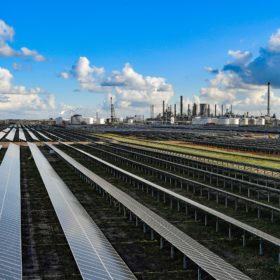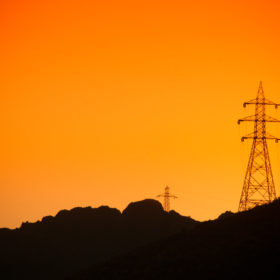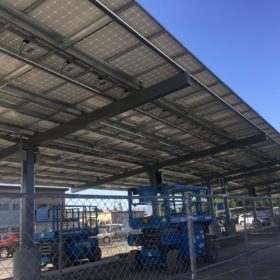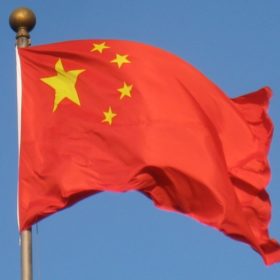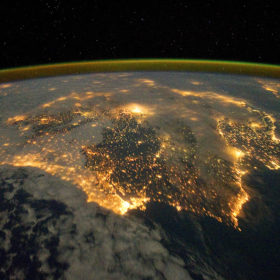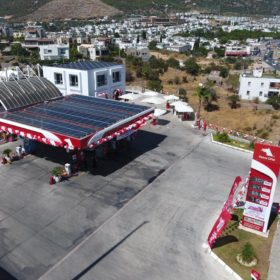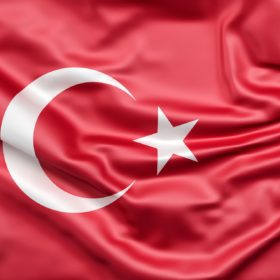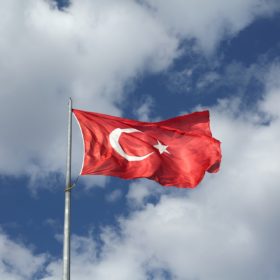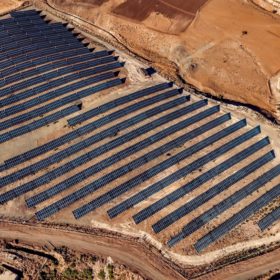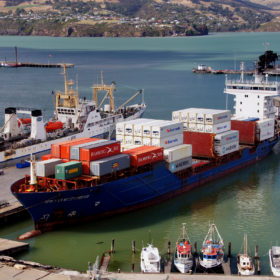The weekend read: Your guide to market growth in 2020
Some 15 countries are likely to be able to lay claim to the status of being members of solar’s “gigawatt club” in 2019, according to conservative projections from BloombergNEF. Nonetheless, PV suppliers, developers and service providers are always on the lookout for new pockets of growth. To kick off 2020, pv magazine’s global team of correspondents and editors have highlighted 10 “fast-growing” solar markets to evaluate where the opportunities, and potential risks, lie.
Turkey to hold 1 GW solar tender in April
The Turkish government is planning to assign 100 solar projects with a capacity of 10 MW each across 39 different provinces via a new procurement exercise. The tender will be held on April 20, 2020.
Turkcell inaugurates data center with 1 MW rooftop array near Ankara
The telecommunications company opened a large data center near the Turkish capital. Turkcell said it wants to improve data security by storing more information on Turkish soil.
Kalyon Enerji finds Chinese partner for 500 MW module fab in Turkey
The factory, backed by the Turkish government in September, was originally intended to be built with the support of Korean solar manufacturer Hanwha Q Cells. The new partner is China Electronics Technology Group Corporation (CETC). Production is planned to start next year.
Emerging markets help new faces into list of world’s top EPC providers
Although the Wiki-solar website ranking only gives a snapshot of PV project engineering, procurement and construction contracts outside China, it is nevertheless a useful indicator of the changing shape of the global solar market.
Turkey’s net-metering: Will commercial, residential or municipal lead the way?
Turkey introduced net metering in May, stoking hopes the scheme could add meaningful volumes of new solar generation capacity. Municipal governments elected in the spring can also boost the program’s success, provided the many layers of authority can work together, that is.
Turkey to introduce provisions for storage
The Turkish Energy Market Regulatory Authority has published draft guidelines for the integration of storage in the energy system. The new provisions are expected to come into force at the beginning of next year.
Big money for Turkey’s 500 MW solar factory
With the Turkish government having given Kalyon Enerji another three years to build the 500 MW facility it won a tender to construct with former partner Hanwha Q Cells, Ankara has now committed a $333 million “super incentive” to the fab.
Enerray enters insolvency proceedings
Italian industrial group Maccaferri, the parent company of the insolvent EPC contractor, has also filed for insolvency for another three units of its energy business.
Protectionist measures working as Chinese export destinations shift
While the world’s biggest solar manufacturers are confident there are plenty of alternative markets for a rising volume of panel exports, the message spelled out by first-quarter shipment figures is that protectionism works.
